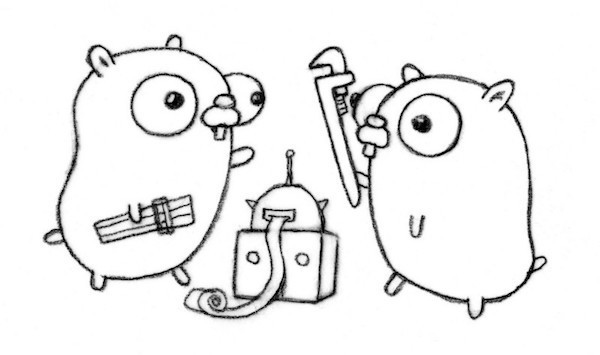
Yes, they are. And that’s why I love Go. Almost all important tools come together with Go installation, but there are also some you can install additionally depending on your needs: golint, errcheck, etc.

Yes, they are. And that’s why I love Go. Almost all important tools come together with Go installation, but there are also some you can install additionally depending on your needs: golint, errcheck, etc.
Telnet games were very popular some time ago, especially this Star Wars movie: telnet towel.blinkenlights.nl.
I wanted to create something in Go, and I wrote this Snake game over Telnet.

I am enjoying writing programs in a short time, like in a Hackathon way. Here in Vietnam we don’t have Hackathons often, so yesterday I decided to make one for myself with a time limit in 3 hours. The goal was to build/deploy something that will work and people can try it. I decided to go with Bot for Slack (or another messenger in the future).
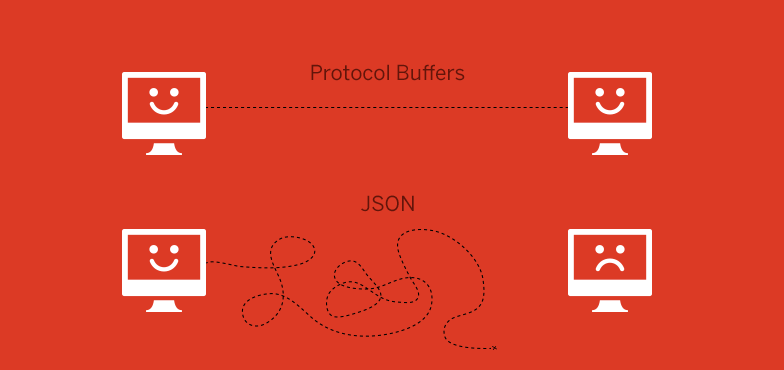
Simplest possible solution for communication between services is to use JSON over HTTP. Though JSON has many obvious advantages - it’s human readable, well understood, and typically performs well - it also has its issues. In the case of internal services the structured formats, such as Google’s Protocol Buffers, are a better choice than JSON for encoding data.
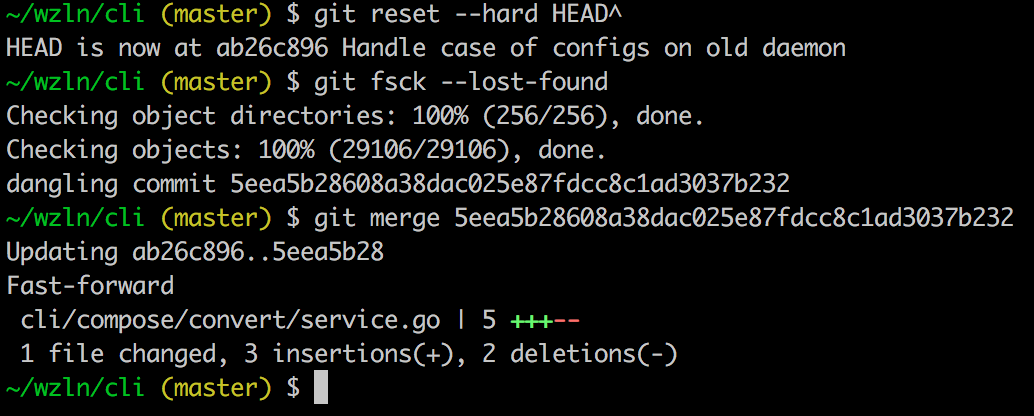
To understand git garbage collector, we need to understand how branches work. Branches are just pointers to commits that move whenever a new commit is created.
Usually at work and at home we use different Git name/email pairs, or even per project. Pushing with correct email guarantees that your commits will be authored with a correct user identity.
This post shows how to work with DATETIME / DATE database columns and use Go standard time.Time avoiding manual string parsing. This article contains examples using 2 packages: database/sql and github.com/go-sql-driver/mysql.
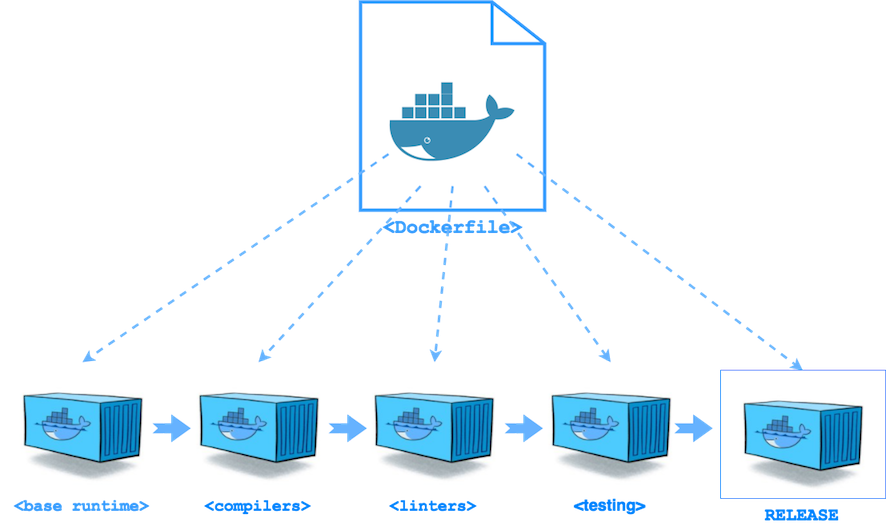
A common workaround for building Golang application in Docker is to have 2 Dockerfiles - one to perform a build and another to ship the results of the first build without tooling in the first image. It called Builder Pattern.
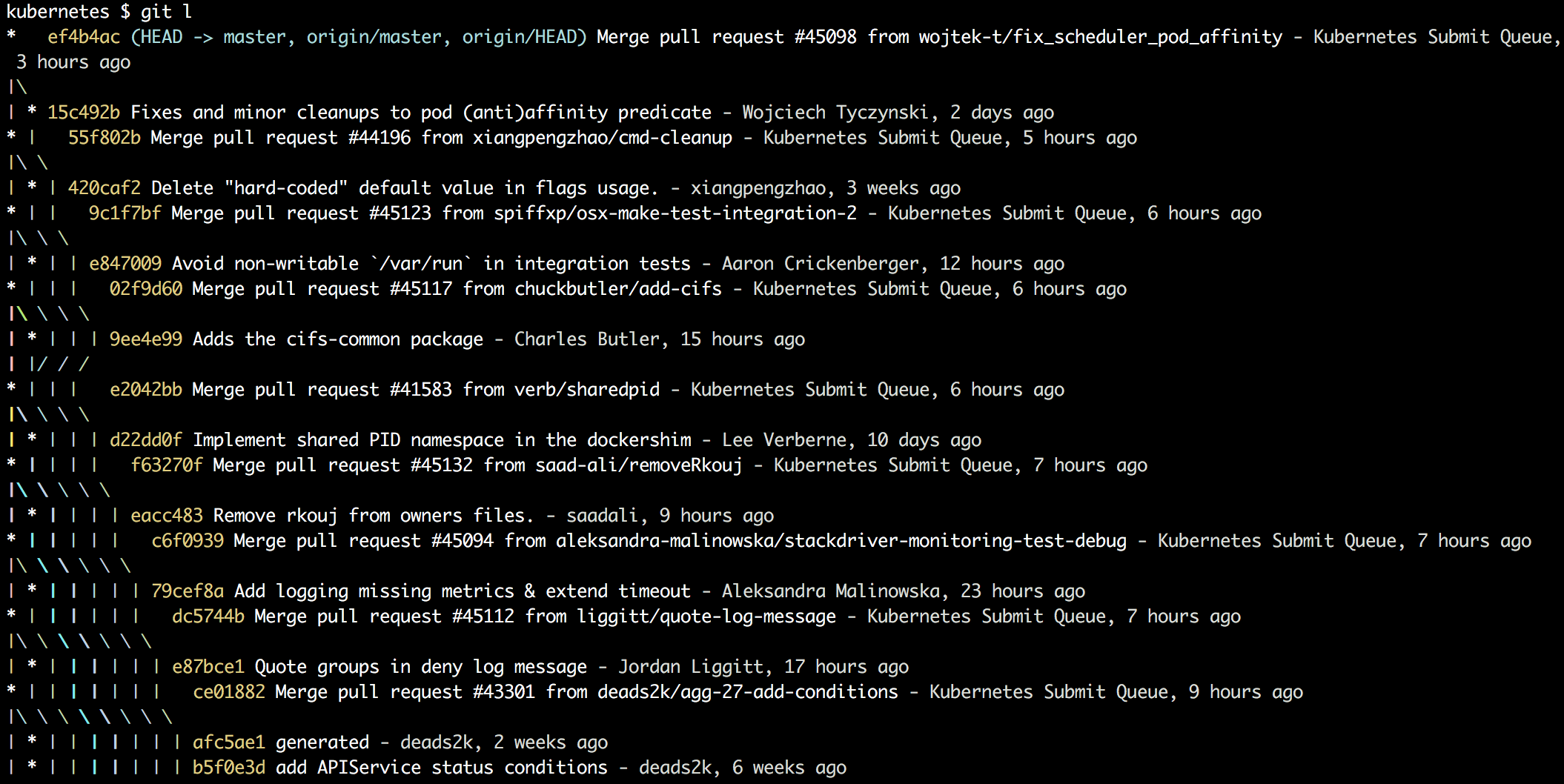
I am working with git every single day, from different machines and accounts. And all these hosts have the same global git configuration. I sync it using tiny bash script.
The design of Go’s runtime assumes that the programmer is responsible for detecting when to terminate a goroutine and when to terminate the program. Normally, a program can be terminated in a normal way by calling os.Exit or by returning from the main() function. There are a lot of ways of blocking runtime forever, I will show all of them for better understanding of blocking in Go.